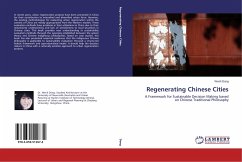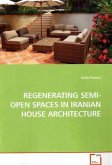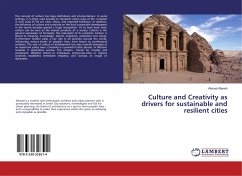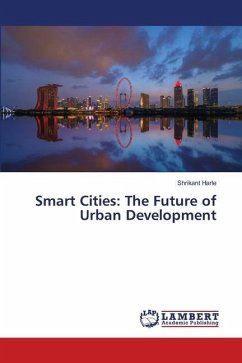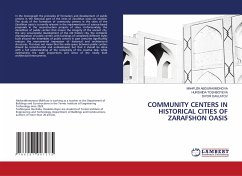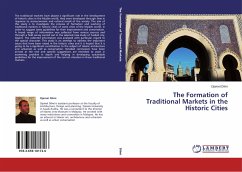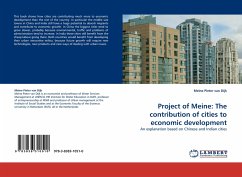In recent years, urban regeneration projects have been promoted in China for their contribution to intensified and diversified urban form. However, the existing methodologies for evaluating urban regeneration within the context of China are mostly appropriated from the Western models. These evaluation methods have problems in their utilisations in China due to their reductionist underpinning and lack of sensitiveness to local situations in Chinese cities. This book provides new understanding in sustainability evaluation methods through the synergies established between the system theory and Chinese indigenous philosophies. Based on case studies, this book has also presented empirical evidences that the indigenous Chinese philosophy is applicable to sustainability evaluation through a structured holistic framework and operationalised model. It should help the decision makers in China with a culturally sensitive approach to urban regeneration projects.

